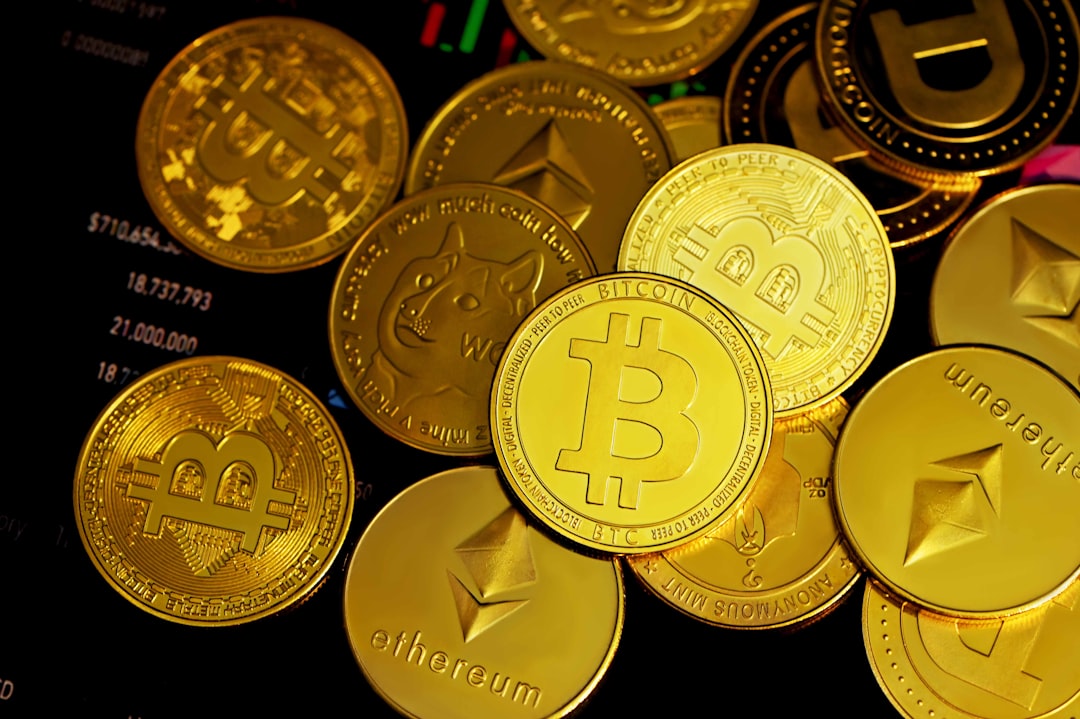Lesson No. 7: Types of Tokens
What are the different types and what purpose do they serve?

Welcome back, readers! In our last lesson, we discussed the Accredited Investor Rule and its application to crypto. Today, we’re giving you an overview of different types of tokens:
Utility tokens
Security tokens
Social tokens
Terminology in the crypto world can be a little tricky, but fear not — we’re going to clear up any confusion. Let’s begin with the basics. You may have heard the words ‘token’ and ‘coin’ being thrown around, often interchangeably, but this isn’t exactly correct.
A coin refers to a digital currency native to its blockchain. Bitcoin (BTC) is an obvious example. Coins can be traded and act as mediums of exchange. A token on the other hand is a crypto asset that is built and runs on an existing blockchain. For example, UNI is the native token of the decentralized exchange (DEX) platform Uniswap which runs on the Ethereum blockchain. Tokens are important because they are generally faster to launch and less expensive to operate. Instead of building an entirely new blockchain requiring additional validators to confirm transactions, token developers piggyback on an existing blockchain with an already secure system in place.
Tokens, while capable of being traded like coins, aren’t utilized as a medium of exchange. Tokens have several properties, two of the most important being: (1) fungible or non-fungible, and (2) native or non-native. Units in fungible tokens are the same which allows them to be exchanged. Non-fungible tokens (NFTs) carry a unique property, making them non-exchangeable and irreplaceable. Native tokens or protocol tokens are native to the blockchain network (like ERC-20 to Ethereum). Tokens can be of different types depending on the purpose they serve. Let’s dive into some of them.
1. Utility tokens
Utility tokens essentially allow users to access a product or service. Let’s use a couple of examples to see how they work.
Filecoin
It is no secret that the world’s largest tech companies including Amazon, Microsoft, and Apple dominate the cloud storage market. We’ve previously discussed the potential problems associated with centralized authorities, which are even more pronounced when private information is involved.
Enter Filecoin, a decentralized peer-to-peer storage platform for everything digital. Filecoin is also the name of the token that supports the ecosystem. The token is used to reward miners who create nodes and store files. Anyone wishing to use the platform needs to purchase the token in order to access it. This access is the utility provided by the token.
Axie Infinity
Axie Infinity is a play-to-earn game on the Ethereum Network. Players compete against each other using NFTs representing in-game characters called Axies. Smooth Love Potions (SLP) is the game’s native token. Players purchase SLP’s to breed new Axies and are then rewarded with SLPs when they compete in quests and challenges. Utility comes in the form of access to the game and rewards within it.
2. Security tokens
A security token, unlike a utility token, does not provide any tangible benefit for using it. Purchasing security tokens is like purchasing shares or equity of a company in traditional markets; what you get in return is partial ownership of the company, the potential for future dividends or voting rights.
Advantages offered by security tokens as compared to equity in traditional markets include “increased transparency” and the ability to exclude intermediaries. Having said that, security tokens entail heightened regulation and oversight by financial authorities.
While a part of the crypto world is against having governments interfere in the development of blockchain and DeFi, it has been argued the additional protection provided by security tokens offer institutional investors an opportunity to ease into the space without the extra risk of volatility typically associated with crypto assets.
Polymath, sometimes referred to as the Ethereum of security tokens, is a platform that provides businesses with the necessary technology and resources to create their own security tokens. Not only does it allow businesses to issue a new token but it ensures each one complies with regulations. Several businesses have used Polymath to issue security tokens including BlockEstate and Red Swan.
3. Social Tokens
Social tokens–also known as personal or fan tokens–are based on a certain brand, community, or person. They serve to reward fans while compensating artists for their creative work. In Web2, central platforms like YouTube or Spotify take a large percentage of ad revenues from content creators, demonetize sensitive content, and promote original content over that of third parties to avoid paying royalties.
Social tokens circumvent this Web2 asymmetry by enabling a direct-to-consumer relationship. With social tokens, content creators have greater control of their production and brand. Creators can decide the different benefits their fans receive contingent on ownership levels. As the value of and demand for the token grows, creators can be increasingly compensated for their work without depending on a centralized entity for dissemination or broadcast.
Though both are often associated with artistic or creative endeavors, the utility of social tokens differs from that of NFTs. Consider this example: Digital artists can monetize their art through NFTs, but to build their personal brand, they can utilize social tokens to give holders exclusive access to art lessons.
Social Tokens Use Cases:
Personal Token: Matthew Vernon's social token, BOI, allows holders one hour of consultation on crypto design work.
Community Token: Grammy-award winning artist, RAC, launched a social token giving holders access to a private Discord and exclusive merchandise. But fans can’t buy the token–instead, RAC gives them away to loyal fans.
Key Takeaways
A coin is a digital currency native to its blockchain.
A token is a crypto asset deployed on another cryptocurrency’s native blockchain.
Utility tokens allow users to access a product or service.
Security tokens do not provide any tangible benefit and are best understood as the digital version of purchasing equity in the stock market.
Social tokens allow content creators to build communities and monetize their content.




